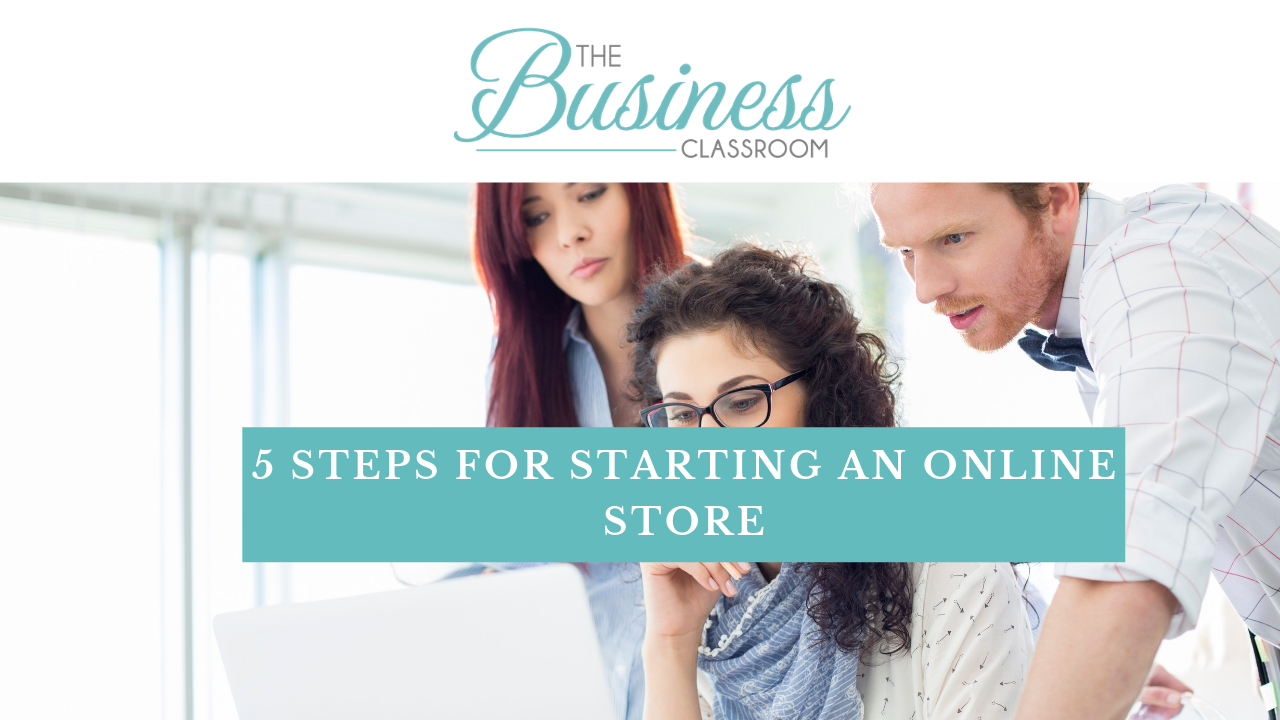5 Steps for Starting an Online Store
Apr 17, 2019
Starting an online business in today’s market can be extremely daunting. You can end up feeling like a lost child in a massive crowd. However, knowing what to expect and preparing well can help your business flourish in the online space. We’ll run through 5 key steps you should take that will ensure you don’t fade away into the darkness of the internet.
1. Establish a Point of Difference
Like any new business, it’s important you establish your unique selling point prior to entering the market. Identifying a gap or niche within your industry will help your store stand out amongst competitors. Once you have your idea, it’s vital that you continue to refine and improve your offering along the way. You should base these improvements off the feedback you receive, and the results produced by testing. You’ll also need to register your business and a domain name before you begin to trade online.
2. Identify Your Target Market
When you’re happy with your business concept, it’s imperative to identify the people you want to target your product/service to. This is particularly important with an online store, as attempting to reach the masses on the internet will see you go unnoticed. Honing in on a specific set of people will allow you to tailor your marketing approach to the characteristics of these individuals. Find out what these groups of people want and address these needs directly.
As an online store, your sales are conducted solely through the platform on your website. This means getting customers to the website is vital to the success of the business. Therefore, targeting the wrong people can significantly impact sales and also result in a waste of marketing funds.
3. Engage Your Audience
In order to direct your target market towards your online store, you need to utilise tools that will engage that specific audience. Targeted ads via google and social media platforms can help position your business into the everyday lives of prospective customers. In addition to this, creating content that can help your audience will be far more beneficial than directly pushing your product. The goal is for your content to identify the customer’s needs and to then answer them. This will help you establish a relationship with your audience, one where you are seen as a trusted source of advice.
4. Understand Your Website
As an online business, your website is the focal point of your operations. Analysing the activity conducted on your site will provide an insight into how the business is progressing. For example, statistics such as traffic and conversion rates are often used to assess audience engagement. Assessing your website will show you what is working and what isn’t. You can then use these insights to make strategic decisions.
When starting an online store, choosing an ecommerce platform to build your website is often the best way to go. This will enable you to facilitate transactions from your customers and eliminate the need to design a website from scratch. The choice of provider will vary upon your scale and desire for customisation. Keep in mind that you will be dealing with confidential and private client information, such as addresses and credit card details. Ensure to employ a privacy policy, which not only protects you and your customers, but establishes a level of trustworthiness and reliability.
5. Stay Relevant
Stay prevalent on social media platforms, and always maintain connection with your already existing customer base. Constantly improving the quality of your homepage and landing pages are also important as it keeps audiences interested.
Customers also want to know that the information from your site is reliable and correct, so do your research and update accordingly. Remember to utilise a terms and conditions which provides a disclaimer that limits your website’s liability.
*** This Guest Post was from Christopher Tsiknas**
Christopher Tsiknas – Marketing Coordinator at LawPath
Chris currently works in the content team at LawPath. He is studying a Bachelor of Business and Bachelor of Laws at UTS. He is interested in how marketing communication strategies can influence the future of legal technology.
Links:
Website – LawPath.com.au
Facebook – https://www.facebook.com/LawPath/
Linkedin – https://www.linkedin.com/company/lawpath/
Twitter – https://twitter.com/LawPath

